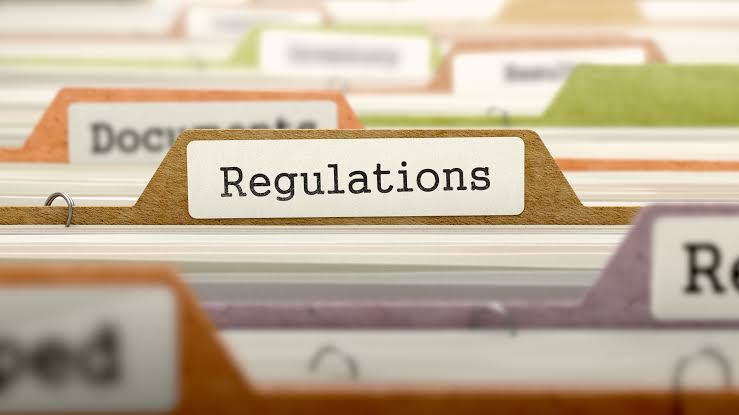The Retirement Living Code of Conduct celebrated its first birthday last week. The new code for retirement villages was developed …
ARVAS – the exclusive accreditation scheme for retirement village and seniors housing operators – has a large number of villages …
This week the DCM Institute distributed and mailed out to Village Managers across NSW a guide that will assist them …



